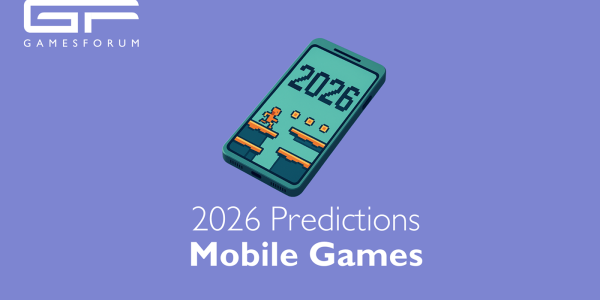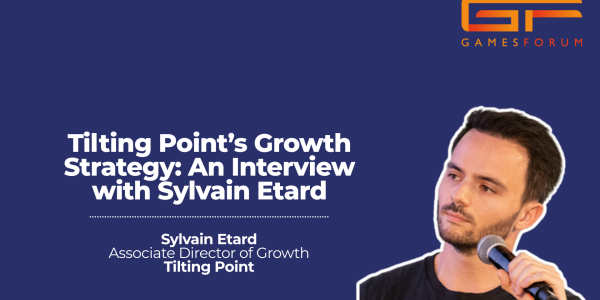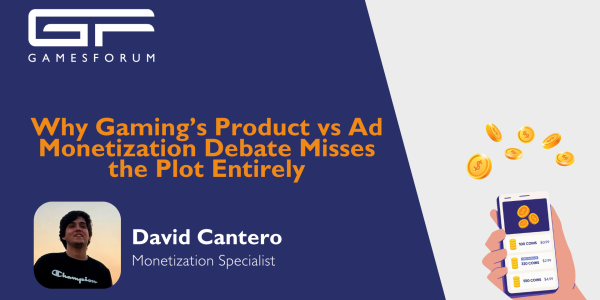How Fishdom bcame one of the biggest fish in the sea

By Andi Nuruljihad for Gamesforum
Playrix is a mobile games powerhouse that isn’t often mentioned in conversations about big game companies. Although it might not get much attention, the Russia-based developer has established a hidden empire of casual games. Of the top 50 highest-grossing mobile games of all time, several are published by Playrix. One of their most popular titles, Fishdom, generates an estimated revenue of $200,000 every single day. Here we’ll explore the data-driven approach Playrix uses to maximize the effectiveness of their ad impressions. We’ll also look at their interesting philosophy on monetization.
Data-driven advertising
Playrix has proven that smart advertising can lead to massive profits. Their approach is simple and easy to understand. The basic idea is this: make lots of different mobile ads for Fishdom, target the ads to other casual mobile games, see what sticks.
This approach requires you to pay close attention to the data. Playrix carefully monitors which Fishdom campaigns are and aren’t working. After a certain period, the underperformers are scrapped and replaced. Meanwhile, they increase ad spend on those campaigns that they know work.
Better Returns with Playable Ads
Playrix uses playable mobile app install ads to attract users to Fishdom. Playable ads are interactive ads that simulate actual gameplay of the game they advertise.
Playrix makes sure that their interactive ads for Fishdom accurately represent the real game. They emphasize positive feedback loops by highlighting rewarding animations that play when the player earns a reward. As always, ads end with a large call-to-action button inviting the player to download and install the app onto their mobile device.
What they found was that playable ads offered significant gains in relation to other advertising forms. Their cost-per-install was only half of their previous best performing ad campaign and return on ad spend was nearly twice as high. More importantly, playable ads resulted in a 50% increase in ad spend -- a key statistic for a game that relies solely on in-app purchases for revenue.
How Fishdom Makes Money Without In App Ads
If you’ve played Fishdom, you might have noticed it’s missing something: advertisements. Dmitry and Igor Bukhman, the two brothers behind Playrix, prefer not to rely on ads for revenue. According to the brothers, they negatively impact the user experience.
Rather than spend time seeking that perfect balance between ads and play, Fishdom does away with ads entirely. They trust the enjoyable game loop and clutter-free design will keep players coming back for more. In a sea of free-to-play titles with forced ad views and space-consuming banners, Fishdom stands out for its clean and responsive interface.
This philosophy isn’t entirely driven by a thoughtfulness for the player; though ad revenue has exploded in recent years, in-app purchases continue to be the biggest revenue source for free-to-play titles. Astudy by AppsFlyer found that users who make in-app purchases spend on average $9.60 per month. This is 20 times the average spend of all combined users.
The AppsFlyer study showed that only 5.2% of mobile users actually spend money on in-app purchases. This means the IAP-only approach is only profitable with a massive player base. A large player base they cultivated through smart advertising.
Using Data Smartly
Fishdom has become such a huge success because of two factors: 1) a pragmatic, data-driven approach to advertising; and 2) a commitment to monetize without hurting the user experience.
Fishdom’s developers, Playrix, spend a lot of money creating a wide variety of ads, and they pay close attention to the data. They’re not afraid to toss out what isn’t working, but they’ll double down on all their successes.
Having cultivated a large player pool, they understand that their best mode of revenue is through in-app purchases. In order to keep players playing, they’ve eliminated elements that get in the way of that -- including bothersome ads. This keeps users in the gameplay loop for longer by avoiding putting them off with excessive advertising.











